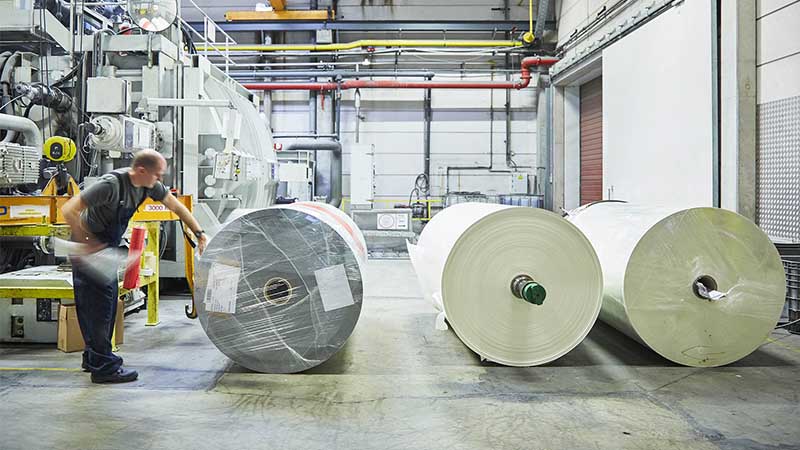
As a metal packaging company dedicated to promoting sustainability and enhancing metal circular economy practices, we are closely following the recent industry developments led by Lindemann Metal Recycling. The company held its inaugural Customer Advisory Board (CAB) meeting at the historic Midland Hotel in Manchester, England — a venue famous for being where Mr. Rolls met Mr. Royce in 1905 to create their legendary car company. This important gathering attracted top executives from leading recycling companies, united by their commitment to advancing the industry’s future through collaboration.
Lindemann’s CEO, Carl Gustaf Göransson, unveiled the company's new strategy, emphasizing their role as a leading supplier of metal recycling solutions. Göransson stated, “Our mission is to transform the metal circular economy for a better tomorrow. Building stronger relationships with our customers is essential to achieving this goal, which is the inspiration behind hosting the CAB.”
During the event, Tom Bird, former President of the Bureau of International Recycling, delivered the keynote speech, stressing that the metal recycling industry has been ‘green long before it was fashionable’. However, Bird noted that the sector needs to enhance its marketing efforts to highlight its contributions. He also discussed how recycling metals helps reduce the steel industry’s carbon footprint and predicted an increasing demand for recycled metals driven by technological advancements and improved processing techniques. “The outlook for recycled metals is extremely positive,” Bird concluded.
Participants engaged in dynamic discussions covering various topics, including fire risks posed by modern batteries in shredding plants, supply shortages of feed material, and whether larger or smaller shredders are required for electric vehicles (EVs). The shortage of skilled workers was also addressed, along with the need to fully leverage new technologies.
Technological innovations aimed at enhancing productivity and efficiency in metal recycling were a major point of focus. Discussions also covered the need for processed scrap to be purer, denser, and easier to handle for steel producers. Cost-quality ratios of recycling machinery, the advantages of standardized designs, and the principle that 'Quality has no geography,' as emphasized by Göransson, were key discussion points.

On the second day, participants consolidated insights from previous discussions. They highlighted the need for the industry to enhance its reputation, strengthen lobbying efforts, and ensure that regulations support businesses, customers, and environmental goals.
A keynote speech from Dr. Christian Fröhling, EVP of Metallurgy at SMG Group, underscored the essential role of scrap metal in producing 'green steel.' Dr. Fröhling emphasized the need for scrap metal that is purer, denser, and low in copper content to achieve smoother processing. “Scrap metal will determine how we decarbonize the metals industry,” he stated.
The event concluded with a visit to S Norton’s advanced recycling facility in Manchester, showcasing the Lindemann EtaRip 250 Max pre-shredder and the ZZ 250x260 Power Zerdirator shredder, featuring the world’s first installation of revolutionary Variable Frequency Drive (VFD) technology.
This gathering demonstrated that industry competitors can come together as allies for the greater good of metal recycling. The success of the CAB event has set the stage for it to become a regular fixture in the industry calendar, fostering more opportunities for collaboration and innovation.
As a metal packaging company, we recognize the importance of staying at the forefront of industry trends and innovations. We are committed to integrating sustainable practices and working with industry leaders to promote a greener, more efficient future for metal recycling.